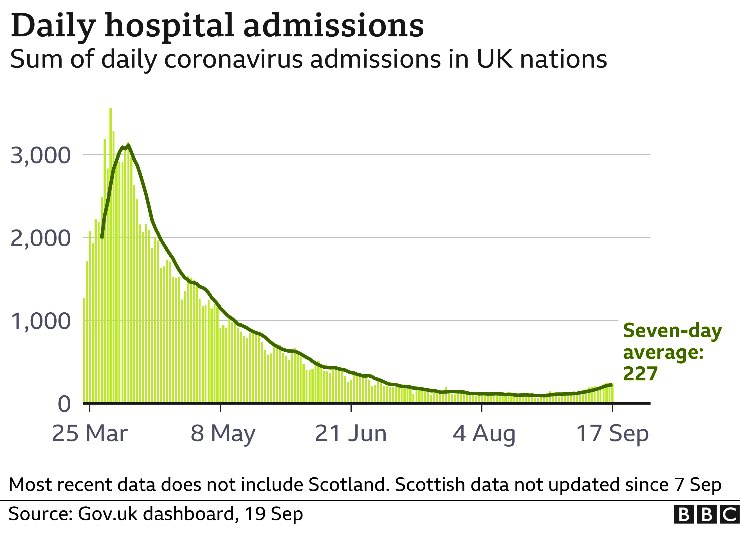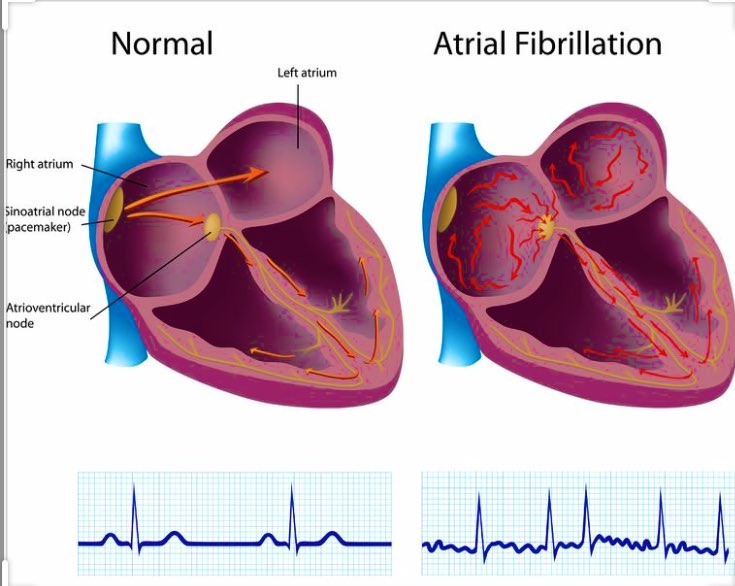Subsequent to #Surgisphere, all @TheLancet journals will now introduce additional peer-review requirements for papers based on large, real-world #datasets. thelancet.com/journals/lance…
@TheLancet journals now require all #research papers, irrespective of method, to include a data-sharing statement that details what #data will be shared, whether additional documents will be shared, when data will become available & by what access criteria data will be shared.
All @TheLancet journals will now introduce additional peer-review requirements for papers based on large, real-world datasets.
Editors will ensure that at least one peer reviewer is knowledgable about the details of the #dataset being reported & can understand & comment on its strengths & limitations in relation to the #research question being addressed.
For studies that use very large #datasets, editors will ensure that in addition to statistical peer review, a review from an expert in #data science is obtained.
@TheLancet will explicitly ask reviewers if they have concerns about research integrity or publication ethics regarding the manuscript they are reviewing.
Changes to the signed declarations by authors in the author statements form will require that more than one author has directly accessed & verified the #data reported in the manuscript.
@TheLancet will require that the authors who have accessed & verified underlying #data are named in the contributors' statement.
For research articles that are the result of an academic + commercial partnership, one of the authors named as having accessed & verified data must be from the academic team.
All authors will be asked to sign the author statements form to confirm they had full access to the #data reported in their article & accept responsibility for submitting the article for publication.
• • •
Missing some Tweet in this thread? You can try to
force a refresh






